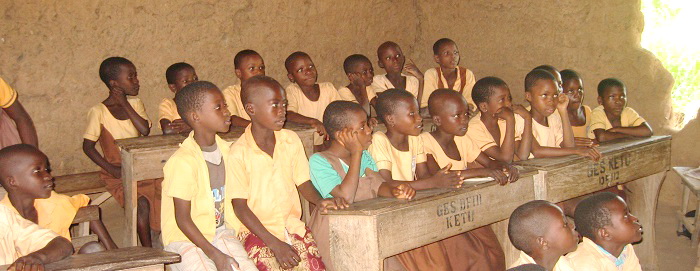
‘Non-release of government’s grant to education offices virtually halts activities’
The non-release of government grant to education offices is virtually bringing activities at various education offices across the country to a halt, and this is affecting quality education delivery in the country.
According to a communiqué signed by the President of the Conference of Directors of Education (CODE), Mr Osei Kwadwo Hayford, the grant, which was in arrears for more than three consecutive years, had made it extremely difficult for directors of education to go to schools and communities to interact with teachers, pupils, parent-teacher associations, traditional authorities and other stakeholders in education to discuss how to improve on education.
Source of funding
The grant is the only source of funding for supervision, monitoring and evaluation by the Regional, Metropolitan, Municipal and District Directorates of Education.
The communiqué was adopted by CODE, after its five-day 23rd Annual Conference in Kumasi.
Advertisement
The conference which was on the theme: “Investing in Quality Education for Positive Transformation of the Youth for National Development,” brought together 216 directors of education from across the country to brainstorm how to improve education in the country.
It said that had compelled most directors to buy fuel on credit for their official vehicles and later pay with money from their own pocket, a practice which was draining the directors so much.
The communiqué stated that the one-teacher-one-laptop policy, which was implemented last year by the government, had enhanced the teaching of information and communications technology. However the lack of adequate computer laboratories, security for the laptops and the non-availability of electrical connections to the schools were challenges that had to be confronted.
Incentives to teachers
Another issue captured by the communique was the non-implementation of the proposed policy of giving incentives to teachers in deprived areas with 20 per cent of their salaries, which had rather demotivated teachers, and called for it to be implemented to attract many teachers to schools in deprived areas.
It also called for the review of the junior high school concept to lay more emphasis on the teaching and learning of technical and vocational skills for the future, adding that the Technical and Vocational Education and Training (TVET) policy should be strengthened and made attractive to provide entrepreneurial skills for the youth to make them self-productive.
According to the directors, the curricular at all levels of education in the country should be reviewed to include the teaching of civic and moral education to reduce the moral decadence in the country.
The directors commended the government for the massive provision of educational infrastructure in the country to enhance teaching and learning, but said there was the need for the new schools to have teachers’ accommodation as well.
Notwithstanding all the difficulties they were encountering, the directors pledged to work very hard with all stakeholders in education to ensure that the nation’s education chalked up higher laurels for the development of the nation’s manpower needs.
